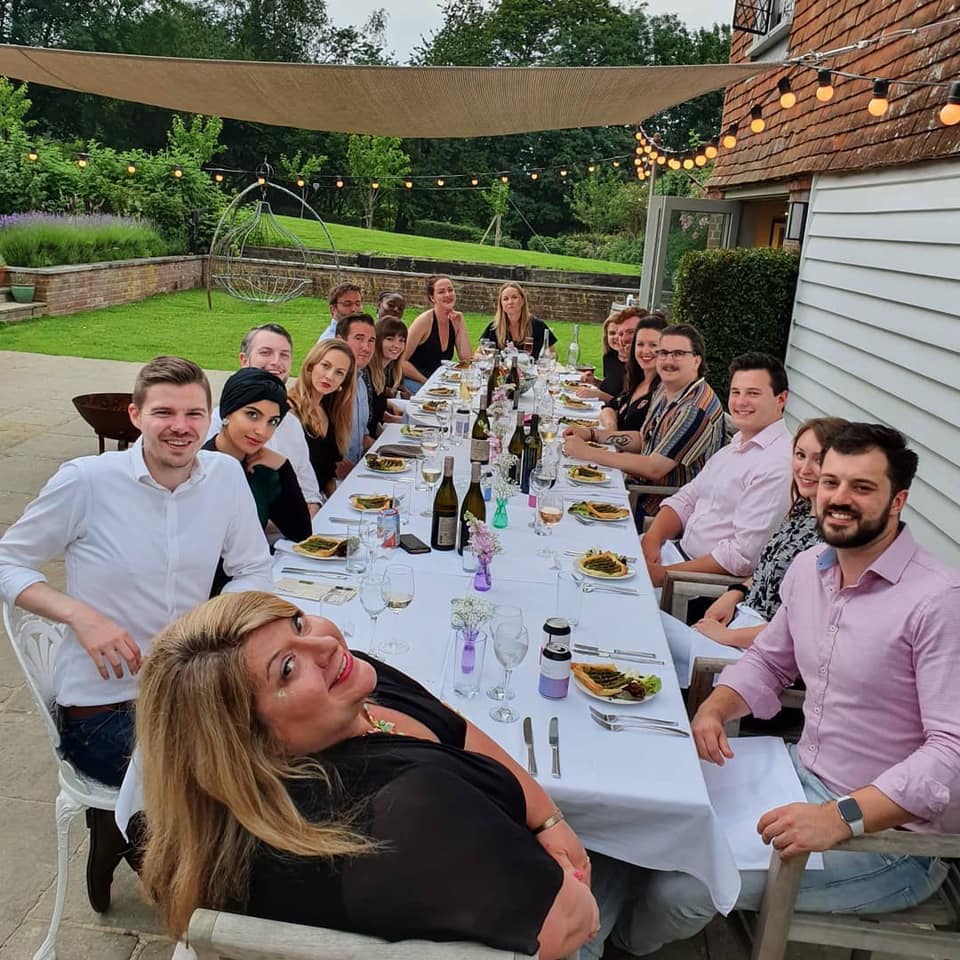In the first of our VC in Focus series, Lily speaks to Simon Menashy, Partner at MMC Ventures, and FieldHouse Associates’ first client. Simon has been advising industry groups and government bodies about supporting early stage businesses through COVID.
What is your take on the Government’s most recent policy interventions to support early stage businesses?
“At a high level, both the Future Fund and the COVID Business Interruption Loan Scheme (CBILS) are the right ideas. However, the devil is in the detail and there are some massive roadblocks for the majority of early stage companies in accessing both of these schemes.
“CBILS is totally inaccessible by almost the entire venture backed ecosystem, where businesses are designed to make losses for a number of years while investing in technology and pursuing growth. Meanwhile, the Future Fund excludes EIS investors, which is a huge shame as so many of the UK’s entrepreneurial success stories come from EIS-backed companies. The likes of Gousto, Monzo and Deliveroo have all had EIS funding in the past. So unfortunately, these interventions will have only limited impact in the high-growth economy. This could lead to an innovation gap further down the line.”
How do you think this crisis is going to affect VC after these restrictions are lifted?
“I think the fundamentals of European venture capital are unchanged. This is a good place to invest capital, and the crisis has shown that technology businesses are one of the most resilient places to be investing right now.
“This lockdown has accelerated many of the trends that VCs have been investing in over the last few years. Now with valuations coming back under control from the highs seen in recent years, this is a good moment for investors to be coming into this space. However, I expect that a lot of the new money that has washed into the market while times have been good – from corporates, LPs investing directly in companies, some family offices etc. – will quickly go out again. This will largely impact later stage companies, and is likely to affect the kinds of mega rounds we have seen in the last few years. Luckily the earlier end of the market is generally made up of VCs and angels who have a longer-term view, and are used to shepherding fragile companies.
“The best companies that reach a certain level of success or scale will always find money from investors.”
Do you think coronavirus is going to change the focus of investment for VCs? e.g more focus on healthtech and life sciences?
“VC’s will follow the entrepreneurs. I think we will see a greater wave in entrepreneurship in digital health and wellbeing than we have already seen in the last few years, and perhaps a new wave of interest in ecommerce. Some sectors will fall out of favour, especially those that have proven fragile in this crisis especially such as travel, hospitality and leisure. The kinds of SaaS enterprise platforms that have been in favour for many years now are likely to continue to see attention.”
Is the venture and startup ecosystem better placed to weather this crisis than in 2008?
“The European startup ecosystem barely existed in 2008. At the time of the last crisis, Silicon Roundabout was just a roundabout in Old St. It’s difficult to draw any firm conclusions as the world has changed too much, and venture capital has changed with it.
“There’s certainly more acceptance that the ecosystem can create big winner and deliver great returns, and probably more resilience in startups being able to adapt than they could in the past.”




